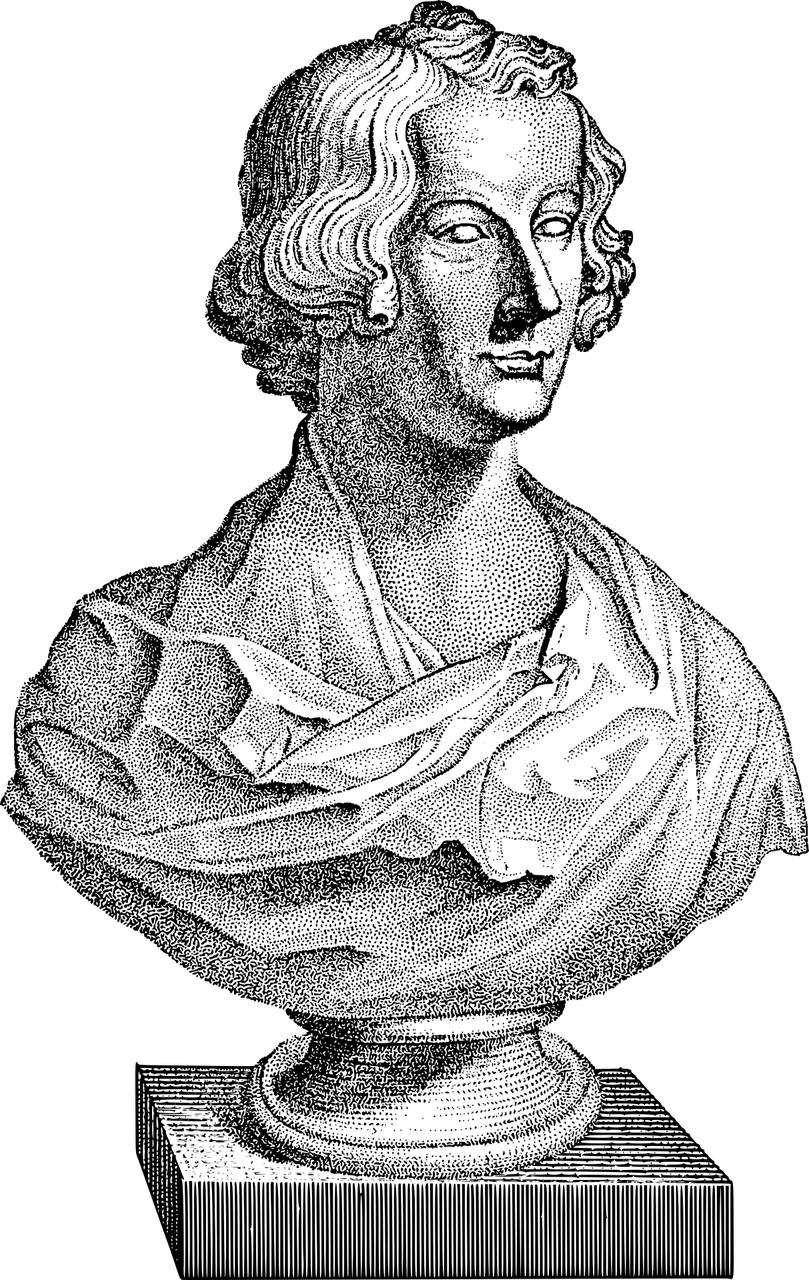Homers Odyssey: The Epic Journey of Ancient Greece

Introduction to Homer’s Odyssey:
Homer’s Odyssey, one of the greatest epic poems in ancient Greek literature, stands as a timeless masterpiece that continues to captivate readers and scholars alike. It tells the story of Odysseus, a Greek hero, and his arduous journey back home from the Trojan War. With its rich narrative, profound themes, and vivid characters, the Odyssey has secured its place as an unparalleled work of art.
Historical Evolution of Homer’s Odyssey:

The Odyssey, believed to be written in the 8th century BCE, has a long and storied history that spans centuries. It was initially passed down through oral tradition, with bards reciting the epic in a rhythmic and melodic manner. The tale’s intricate structure and poetic language provided entertainment and wisdom to a society deeply rooted in storytelling.
Centuries later, during the Archaic period of Ancient Greece, the Odyssey was transcribed and became part of the written literary tradition. This allowed for wider dissemination of the poem, ensuring its preservation and continued influence.
Throughout the years, the Odyssey has undergone various interpretations, translations, and adaptations. These adaptations range from theatrical performances to modern-day novels and films, each offering a unique perspective on Odysseus’ extraordinary voyage. The Odyssey’s versatility and ability to resonate with different cultures and time periods speak volumes about its enduring appeal.
Understanding the Importance of Homer’s Odyssey:
The Odyssey holds paramount significance in the literary canon as it explores universal themes and offers profound insights into the human condition. It delves into the complexities of heroism, loyalty, love, and the struggle for identity. Its portrayal of the Greek pantheon of gods and goddesses also provides a window into the ancient belief systems and cultural practices.
The epic showcases the triumph of human intellect, resourcefulness, and resilience in the face of numerous challenges. Odysseus’ cunning strategies and encounters with mythical creatures, such as the Cyclops Polyphemus and the seductive sirens, serve as allegories for the internal struggles and external obstacles faced by individuals in their personal quests.
The Influence of Homer’s Odyssey on Art and Literature:
Homer’s Odyssey has significantly impacted the artistic and literary landscapes throughout history. Its engaging narrative and timeless themes have inspired countless works of art, literature, and music.
In visual arts, renowned painters like Nicolas Poussin and Jean-Baptiste-Camille Corot depicted scenes from the Odyssey, breathing life into the characters and events. These artworks not only serve as visual interpretations but also deepen the audience’s understanding and emotional connection to the epic.
In literature, writers such as James Joyce, Nikos Kazantzakis, and Margaret Atwood have drawn inspiration from the Odyssey, incorporating its themes and characters into their own works. Their reinterpretations highlight the Odyssey’s universal relevance and its ability to transcend time and culture.
The Odyssey’s Featured Snippet Structures and Formatting:
To maximize the chances of this article becoming a featured snippet on a Google search, employing specific structural techniques is crucial. Here is a suggested layout using appropriate headings and bulleted points:
Heading 1:
Heading 2: Introduction to Homer’s Odyssey
– The significance of Homer’s Odyssey in ancient Greek literature
– Brief overview of the narrative and its primary characters
– Key themes explored in the epic
Heading 2: Historical Evolution of Homer’s Odyssey
– The oral tradition and its transition to a written text
– The impact of the Archaic period on the Odyssey’s preservation
– Adaptations and translations throughout history
Heading 2: Understanding the Importance of Homer’s Odyssey
– Themes, such as heroism, loyalty, and love
– Ancient Greek beliefs and the divine pantheon
– Reflecting on the human condition through the Odyssey
Heading 2: The Influence of Homer’s Odyssey on Art and Literature
– Visual arts: painters and their interpretations
– Literary works inspired by the Odyssey
– Music and other forms of artistic expression
Conclusion:
Homer’s Odyssey remains an enduring masterpiece that bridges the gaps of time and culture. Its exploration of human nature, resilience, and the pursuit of home resonates with audiences across centuries. By delving into the depths of this epic, we unravel the tapestry of ancient Greek civilization and gain insights into our own humanity.





